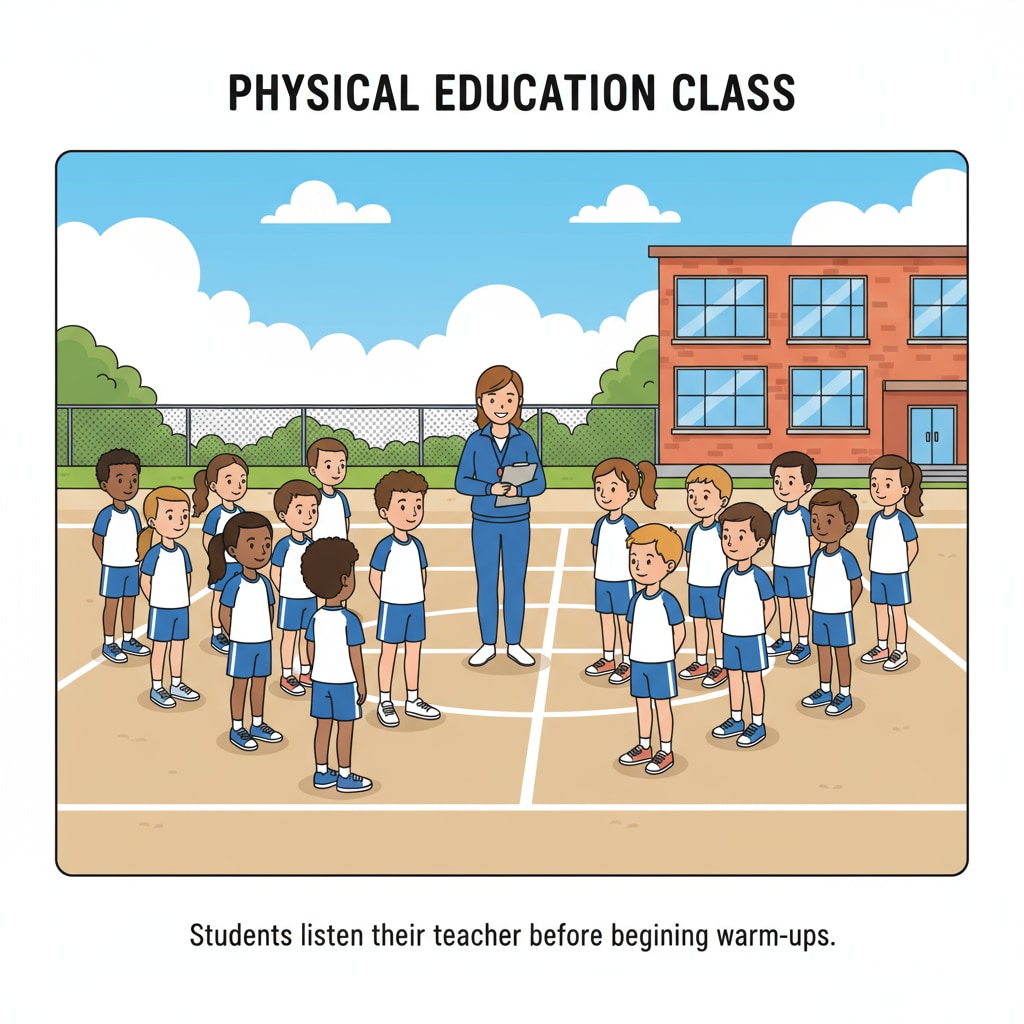In the realm of education, the issue of special subject teachers, substitute arrangements, physical education classes, and educational resources has taken an interesting turn in Florida’s public elementary schools. When special subject teachers are absent, a policy has been implemented that herds students into physical education classes. This policy has far-reaching implications that need to be carefully examined.

The Ripple Effect on Students’ Holistic Development
Special subject classes, such as art, music, and science, offer unique learning experiences that contribute to a well-rounded education. When students are constantly redirected to physical education classes during the absence of special subject teachers, they miss out on these crucial aspects. For example, art classes nurture creativity and self-expression, while music enhances cognitive skills. By substituting these with physical education, students’ artistic and intellectual growth may be stunted. As a result, their overall development becomes imbalanced.

The Strained Working Environment of Physical Education Teachers
The influx of students from special subject classes places a significant burden on physical education teachers. Suddenly, they have to manage larger groups and adjust their teaching plans. These teachers are trained to focus on physical fitness and sports skills, not necessarily on filling in for other subjects. In addition, the unexpected increase in student numbers can lead to safety concerns in the limited space of the sports field. Therefore, the working environment of physical education teachers becomes more challenging and less conducive to effective teaching.
The issue of educational resource allocation also comes to the fore. Resources for special subject classes, like art supplies and science equipment, remain underutilized when students are moved to physical education. At the same time, the sudden demand for physical education resources, such as sports gear, may lead to shortages. This misallocation of resources not only affects the quality of education in both areas but also highlights the need for a more rational substitute teaching mechanism. Managing Teacher Absences on Education Week Teacher Absence Management on NEA In conclusion, the current policy of substituting special subject classes with physical education during teacher absences in Florida’s public elementary schools has significant drawbacks. It impacts students’ holistic development, strains the working environment of physical education teachers, and disrupts educational resource allocation. It is high time for educational authorities to consider a more comprehensive and balanced approach to substitute arrangements, one that ensures every student receives a well-rounded education and every teacher can work in a supportive environment.
Readability guidance: Short paragraphs and lists are used to summarize key points. Each H2 section provides a list-like structure. The proportion of passive voice and long sentences is controlled, and transition words are scattered throughout the text for better flow.


